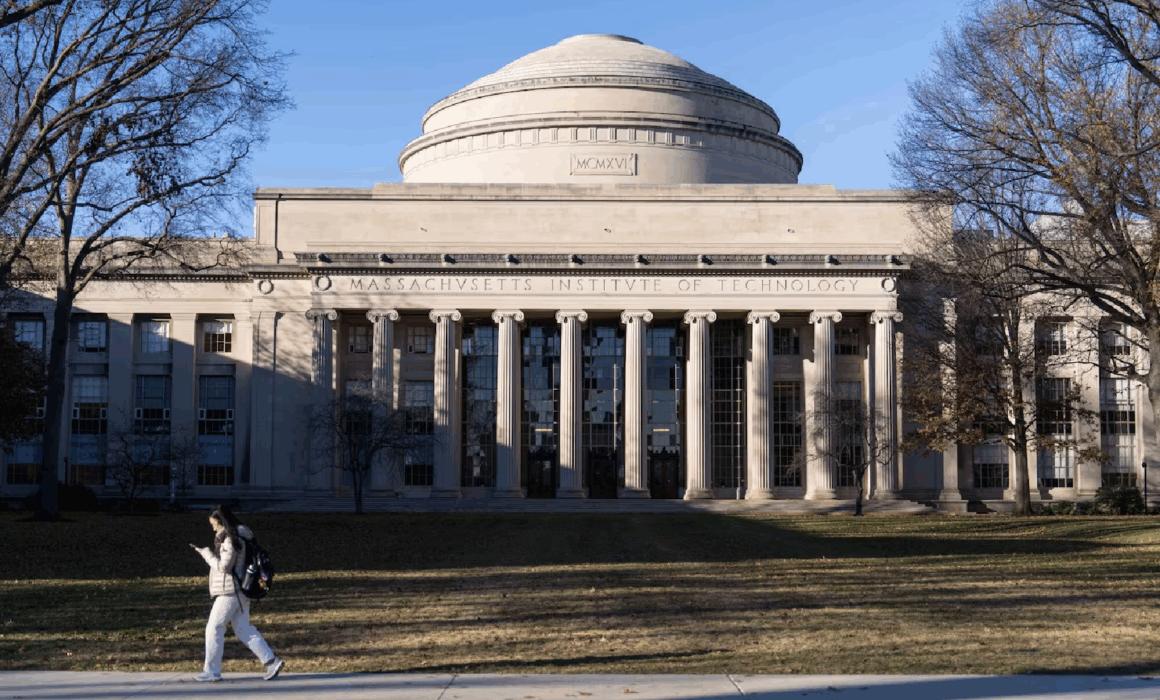
MIT on Friday became the first university to rejectthe Trump administration’s compact of demands, after itspresident Sally Kornbluth said thepractices of the schoolalready “meet or exceed many standards outlined” bythe federal government.
“We freely choose these values because they’re right, and we live by them because they support our mission —work of immense value to the prosperity, competitiveness, health and security of the United States,” shewrote.“And of course, MIT abides by the law.”
Kornbluth added that MIT disagrees with the compact provisions that restrict academic freedom and said “thepremise of the document is inconsistent with our core belief that scientific funding should be based on scientificmerit alone.”
he10-point document Trump sentto nine high-profile universitieslast week ties access to federal money to astring of conditions, including limiting international student enrollment, freezing domestic tuition rates for fiveyears, committing to strict definitions of gender, and abolishing “institutional units that purposefully punish,belittle, and even spark violence against conservative ideas.
”The Trump administration is still awaiting responses from the eight other schools, chosen in part because hisadministration considers them “good actors” in higher education. They include Brown, Dartmouth, University ofPennsylvania, Vanderbilt University, the University of Virginia, the University of Southern California, theUniversity of Texas, and the University of Arizona
On Thursday,students and faculty rallied at Brown, urging the school to reject the compact, while more than500 faculty members at Dartmouthhave signed a petition urging their college’s leadership to do the same.
Meanwhile, Harvard University remainsin the midst of negotiating a deal of its own, despite its legal victoriesagainst the government in court concerning international students and federal funding stoppages.
Kornbluth’s move Fridayaligns with the opinions of some faculty and students on the MIT campus,who saythat the “Compact for Academic Excellence in Higher Education” undermines the the university’s independencefrom the federal government and that negotiating with federal officials at all would be a betrayal of theinstitution’s values.
“MIT must stand in defense of our campus, academic freedom, and civil rights,” over a dozen MIT studentgroups wrote in an open letter last week. “Extensive engagement with this compact plays into theadministration’s hands and opens the door to further government control of MIT as an institution.”This week, MIT administration also solicited feedback from its faculty, and at least two academic departmentspenned letters to Kornbluth outlining their concerns with the offer.
On Friday, Kornbluth noted in her letter that MIT has “never had legacy preferences in admissions” andinstituted the SAT/ACT test score requirement for students after the COVID-19 pandemic — a sign that it “pridesitself on rewarding merit.” The universityalready waives tuition for all students whose families earn below$200,000,and MIT’s undergraduate population is roughly 10 percent foreign students.
(The compact set a limitof 15 percent.)The White House did not immediately respond to request for comment.
It is unclear how MIT’s rejection of the compact could impact its bottom line now.
Last year, the federal government awarded MIT $648 million for sponsored activities, including research —among the largest sums of any university in the country. The potential disappearance of some of those funds,combined with thenewfound 8 percent endowment tax, has MIT bracing for $300 million in budget cuts, theGlobe reported. It has already frozen much hiring cut departmental budgets by 5 percent.
But Kornbluth in her Friday letter that she hopes the relationship between the MIT and the federal governmentendures.
“Eight decades ago, MIT leaders helped invent a scientific partnership between America’s research universitiesand the U.S. government that has delivered extraordinary benefits for the American people,” Kornbluth wrote.“We continue to believe in the power of this partnership to serve the nation.”